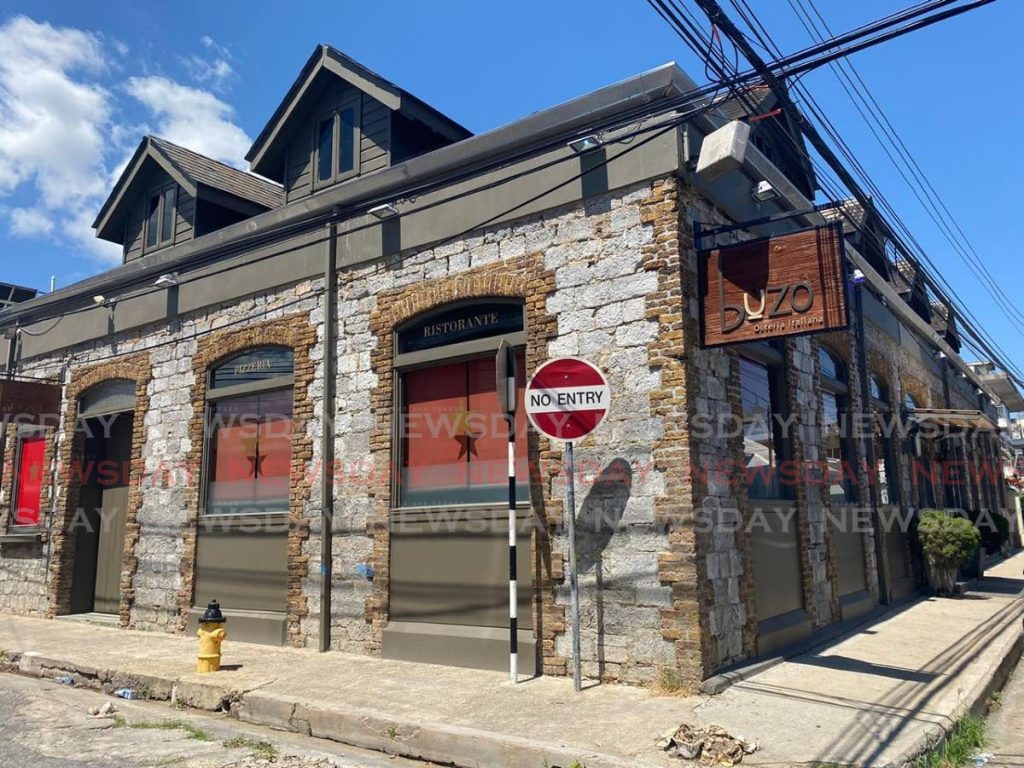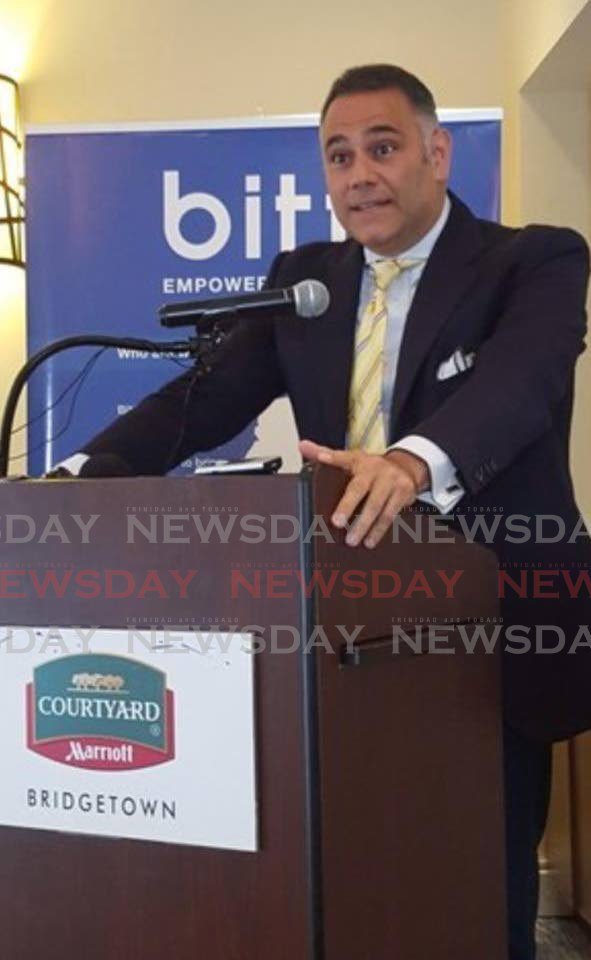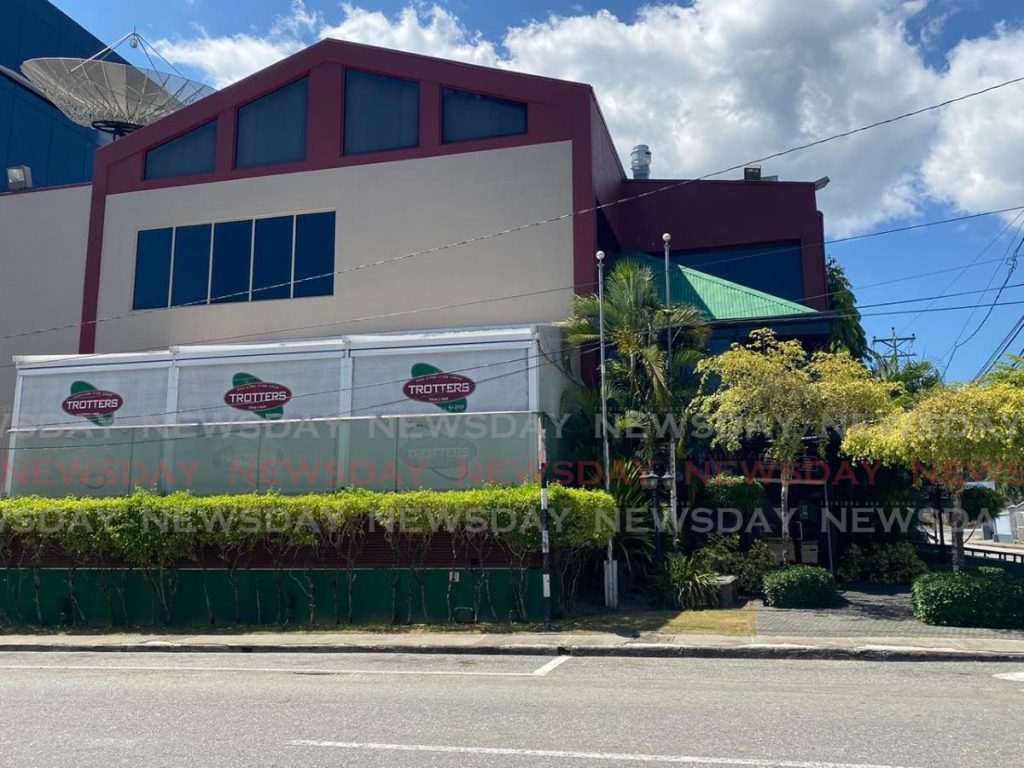Service industries hit hard by covid19

Businessman Peter George wants to start a national debate on covid19 recovery. As the owner of Trent Restaurant Group, he’s the mastermind behind some of the country’s most exclusive brands, including Buzo and Trotters. But with the covid19 pandemic forcing governments around the world to impose lockdowns and stay-at-home orders, service industries, especially restaurants have felt the brunt of the impact, with revenues evaporating almost overnight when at the start of the month, the government ordered them all to close. When restrictions were first introduced in mid-March, restaurants and other food service providers could have at least counted on curb-side pick-up, take-away or delivery options to sustain them. Even then, though, George told Business Day recently, revenues fell by about 80 per cent.
Around the world, the industry is in dire straits. According to the National Restaurant Association in the US, Since March 1, the industry has lost more than three million jobs and US$25 billion in sales, and roughly 50 per cent of restaurant operators anticipate having to lay off more people in April.
“The impact on the group obviously was financially calamitous,” he said. Even before the Government had announced a ban on in-person dining, Trent, following trends around the world, had made the decision on its own, because otherwise it was virtually impossible to continue business as usual and avoid contributing to the spread of the virus.

Customers accepted it, and the group even partnered with food delivery apps. But, he noted, while in the short-term this was sustainable, it absolutely is not in the long-term.
“From our perspective, it was more about keeping the economic wheels turning, contributing whatever way we could have and keeping wheels greased – keeping staff and equipment going, and all that.
“It is catastrophic from business perspective. I have intervened personally in the business to ensure people can remain whole for March. Of course, that has changed for April.”
The group hasn’t considered letting staff go – it’s not something George even wants to consider just yet, and Trent has tried to keep staff employed as long as it can. But, he acknowledged, that can change if this situation continues into April.
“It can’t go on ad infinitum. There will be a point where there will be significant and meaningful financial repercussions that will trickle down.” Even when the restrictions end, he said, there’s going to be a whole new economic norm, with changed buying patterns, spending patterns and consumer sentiment. “It’s not a rubber band effect where things will just snap back. This is definitely not something TT needed but we can only hope it’s not as bad as it can be.”
The covid19 pandemic was an anomaly. It’s not something that could have adequately been anticipated and planned for, but to get out of it will require colossal government intervention – directly to businesses and individuals, he said. “This is an economic catastrophe. We can’t underscore the risk to health, but the economic consequences can be grave and government is the ultimate back stop.”

For the most part, he commended the government on its quick intervention, but thought some of the policies could have been more aggressive. “Government has to think unconventionally. We can’t treat an unconventional enemy with conventional thinking. We don’t know when it will end. It’s going to take time to get back to the state we were before. Government has to be extremely innovative and extremely aggressive in its fiscal measures to get over this.”
And as bad as it might seem, it could get worse, he said, as he called on government to act with more speed and decisiveness.
Firstly, he said, targeted citizen relief must be expedited far more quickly and as a matter of national urgency, and the scope further reviewed to ensure maximum effectiveness and impact.
There must also be a concerted and comprehensive plan to keep the nation fed, utilising every state apparatus at its disposal.

“Government seems on the face to be taking a measured approach, consistent with a conventional economic situation as opposed to the efforts seen with most of our international partners This is a treacherous path fraught with peril as time is not an ally here.”
There is a far greater risk of calamitous economic seizure than is being discussed, George said, with aggregate demand already contracting sharply, running the risk of virtual collapse.
Most dangerously, many businesses may fold or significantly contract operations, severely curtailing the economy's absorptive capacity.
“As it stands, spending would likely take years to get back to the already depressed levels of 2019. The economy needs to be shocked back to normalcy and hopefully avoid any prolonged period of economic malaise and more so, unemployment.”
The response must be as swift and aggressive as the virus' arrival. The government, he said, must accept that it is not just individuals in the workforce that will need assistance but also businesses- and must be prepared to inject ample liquidity to ensure economic continuity.
Citizens and business owners, large and small, must be assured, and quickly, that relief is forthcoming in order for them to have the confidence and comfort to continue loss-making operations. “We are not just facing a short-term shock from covid19, but we face the spectre of significant economic drag from an economy that was already in secular stagnation, threatening to wipe out all progress made in recent years.”
The government wisely acted vigorously and aggressively to treat with the virus’ fallout, he said. Nothing less must happen in dealing with the economic fallout
“There’s no other way. Hard decisions are, by definition, hard. There needs to be meaningful interventions, not just food cards and rent subsidies. And it needs to happen fast.”
The fallout from covid19 is arguably the biggest challenge the world is facing. The IMF recently projected that the global growth in 2020 would be -3.0 per cent. China, the world’s second biggest economy, will contract for the first time in decades. TT’s growth is expected to be -4.5 per cent.
“The economy can’t take too much of this. Loss of life and life preservation is of course, first and foremost. But there needs to be aggressive intervention to ensure there is something, a heritage, to save,” George said.


Comments
"Service industries hit hard by covid19"